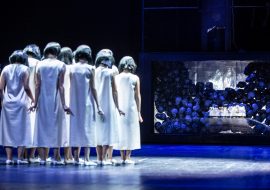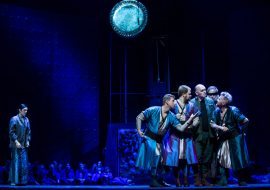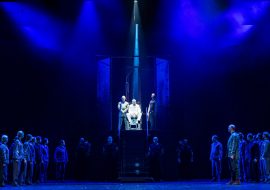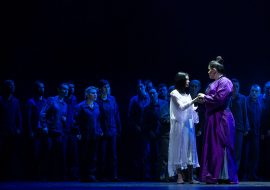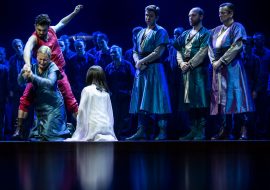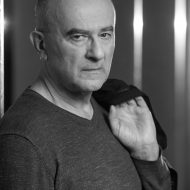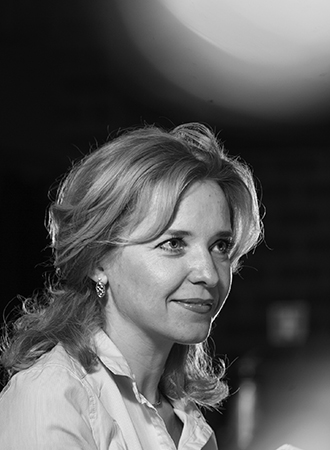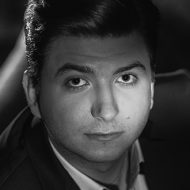A wonder tale about a cruel Chinese princess and a fierce prince Calaf, filled with eroticism and overpowering feelings, can be interpreted as a story of eternal battle of the sexes. It shows flesh and blood characters in their contradictions and throes of passion which becomes a key to learn about our subconscience. “Turandot” is the last and unfinished opera of Giacomo Puccini, the one in which his creative forces were in their prime, and the opus reached the expressiveness never achieved before. The work was interrupted by the composer’s death, and the finale was written by Franco Alfano. Will prince Calaf escape a tragic death? Will princess Turandot overcome the relentless desire of her heart?
SYNOPSIS
The subject of the opera is a complete novelty in Puccini’s work. While searching for a fascinating story, for the first time he turned to wonder tales and chose one originating in the faraway China. The story takes place in old-time Peking. Princess Turandot vowed to never marry unless the bachelor manages to solve her three riddles. A wrong answer results in a capital punishment, and the executioner eliminates one suitor after another. Meanwhile the princess encounters prince Calaf, who is astonished by her beauty. He gives her the three correct answers, but seeing the princess humiliated, he proposes another game. If the proud empress solves his puzzle, she will be able to take his life.
PRODUCTION
The day of the premiere, the conductor, Toscanini, put down his baton after the scene of Liù’s death. He turned to the public and said: “This is the moment when Giacomo Puccini stopped his work. It seems that death overpowered art this time.” That is why in the Podlasie Opera and Philharmonic’s production, for the first time in Poland, Puccini’s “Turandot” will be performed without the additional ending by Franco Alfano.
World premiere: 26 IV 1926, Teatro alla Scala, Milan
Premiere: 7 XII 2018



